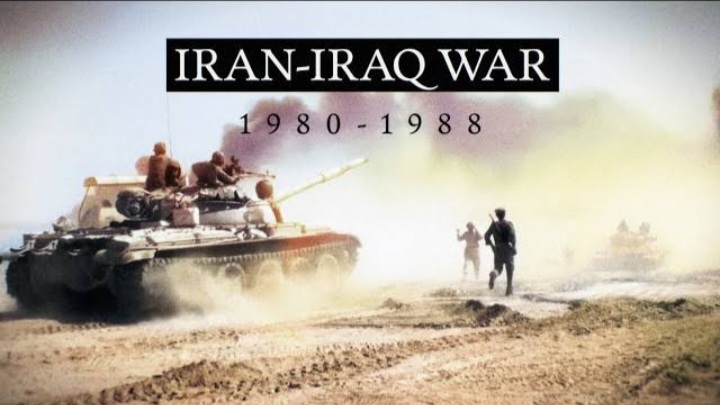💥 U.S. Proxy Wars & Strategic Alliances: The Relentless Pursuit of National Interest over Moral Conviction
For decades, the United States has demonstrated a consistent strategy: align with regional actors to constrain Iran’s influence rather than confront it directly. History reveals a pattern— from the Iran‑Iraq War to today’s Israel‑Iran crisis— where American foreign policy subordinates moral stances to geopolitical self-interest.
---
1. 1980s: Reagan’s Calculated Support for Saddam’s Iraq
- In the 1980–88 Iran‑Iraq War, U.S. policy favored Iraq not out of moral alignment, but to prevent an Iranian victory deemed threatening to global oil flow.
- The Reagan and Bush administrations funneled billions in economic aid, intelligence, and dual-use technologies—some directly enabling chemical weapons attacks—despite Iraq’s widely recognized human rights abuses.
- The shift included removing Iraq from the state‑sponsor‑of‑terror list in 1982, with high-level congressional oversight branding this as necessary realpolitik.
---
2. Negotiation of Peace: Forced Peace or Strategic Pause?
- After eight years of brutal warfare, Baghdad’s regime exhausted both sides. Facing further battlefield losses and international pressure, Iran accepted UN Resolution 598 in July 1988— reluctantly taking what Khomeini described as drinking from *“a chalice of poison.”
- The result was not reconciliation, but temporary stabilization that favored U.S. interests in containing Iran without entangling American troops.
---
3. Today: Trump Enters Iran‑Israel Conflict—Again
- Fast forward to June 2025: President Trump authorized the first-ever U.S. direct bombing of Iran’s nuclear sites—Fordow, Natanz, and Isfahan— in cooperation with Israel.
- Analysts interpret this dramatic shift as another episode of U.S. policy driven by national security calculations over humanitarian or diplomatic concerns.
- Reactions are immediate: while some back the move as restoring deterrence, critics warn of unintended consequences—escalation, proxy retaliation, regional instability, and market disruptions.
---
4. Permanent Enemy? No Such Thing—Only Temporary Alignments
American engagement isn't dictated by ideology but by pivoting interests:
- In the 1980s, Iraq was "redeemable"; in 2025, Israel is a strategic ally.
- Iran remains a common adversary throughout, not out of moral certainty but due to consistent threat assessments against American-led global order.
---
5. The Lesson: Geoeconomics Over Ethics
From supplying Enrichment-era Iraq with chemical precursors to carpet-bombing Tehran’s nuclear facilities, U.S. actions underscore a central tenet of its foreign policy: national interest overrides enduring moral or ideological consistency.
🔍 Final Take-Home
There’s no permanent ally or enemy—only opportunities. The United States manipulates geopolitical chessboards to serve its influence, secures economic dominance, and prevents regional rivals from rising unchecked. History and today’s developments reflect a stark reality: *in international relations, nothing is righteous—everything is calculated.













0 Comments